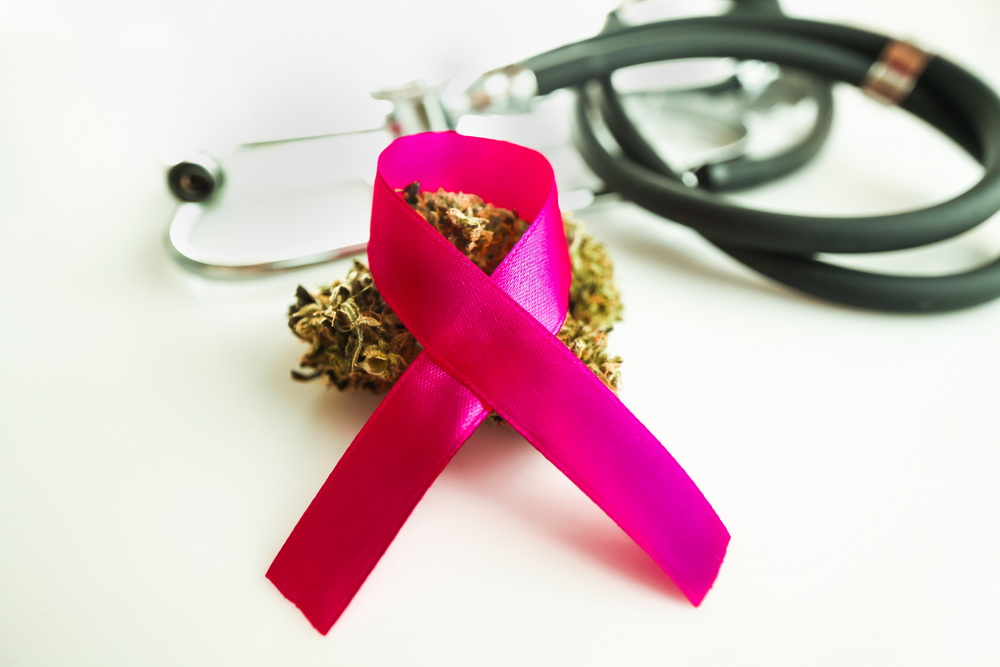Why Cannabis Is an Adjunct Therapy for Cancer
Utah’s medical cannabis program is similar to programs in other states in that it relies on a qualifying list of conditions for which regulators believe cannabis is appropriate. Cancer is on that list. However, the state does not endorse cannabis as a curative therapy. Rather, it is considered an adjunct therapy.
Utilizing cannabis as an adjunct therapy is the prevailing mindset among oncologists worldwide. Few would recommend it as a curative treatment. There is good reason for that. Though medical cannabis advocates sometimes claim that cannabis can kill cancer cells, data to that effect is lacking.
It May Help Fight Cancer
A lack of evidence suggesting that cannabis consumption can kill cancer cells does not negate the possibility of an indirect curative potential. And in fact, some experts claim that cannabis might actually help patients fight cancer through ancillary means.
For example, studies have shown that cannabis consumption can help improve sleeping habits. It can also reduce anxiety and mitigate some of the side effects of both chemotherapy and radiation treatments. All things considered the cumulative effect of these benefits may give patients more strength to fight the disease naturally.
Just as a note of reminder, none of these potentially beneficial ancillary affects has been scientifically documented. They are only educated assumptions based on what medical science already knows about the body’s natural ability to fight disease.
As an Adjunct Treatment
Adjunct treatments are secondary treatments intended to either enhance a primary treatment or mitigate the side effects thereof. Cannabis certainly fits the bill in terms of cancer treatment. Unfortunately, chemotherapy and radiation are highly taxing on the body. Both have a bad habit of creating side effects that can be more uncomfortable than the disease itself.
Common chemotherapy and radiation side effects include:
- loss of appetite
- nausea and vomiting
- poor quality sleep
- chronic pain.
Pain is also a side effect of cancer surgery. To the extent that cannabis consumption can alleviate it, and any of the other side effects, cancer patients are made more comfortable. Increased comfort can combine with reduced anxiety to give patients more strength. Perhaps some patients even find within themselves an increased will to fight the disease as a result of using cannabis.
Obtaining Medical Cannabis
A cancer patient hoping to use cannabis as an adjunct therapy has to go through a specific process to do so. They cannot just run down to the corner pharmacy and buy some off the shelf. There are rules in place, and those rules differ from one state to the next.
In Utah, recommending cannabis as an adjunct treatment for cancer is normal, according to the medical professionals behind Utahmarijuana.org. Cancer patients must apply for a medical cannabis card through the state’s electronic verification system. Possessing a valid card permits a cancer patient to visit a medical cannabis pharmacy for the purposes of purchasing medicine.
Obviously, things are different in other states. Cancer patients unwilling to go through the process may have another option in some of them: purchasing from recreational dispensaries. This option exists in the eighteen states where recreational cannabis is allowed among adults twenty-one and older.
Ask Your Doctor
Are you a cancer patient looking for relief from the symptoms of your treatment? If so, ask your doctor about medical cannabis. They may not automatically recommend cannabis as an adjunct treatment. Also be prepared that, even if medical cannabis is allowed in your state, that your doctor may be unwilling to assist you. You may have to take it upon yourself to treat with cannabis.


Comments are closed.